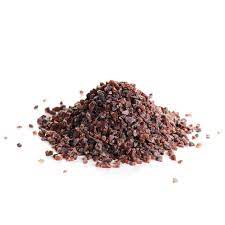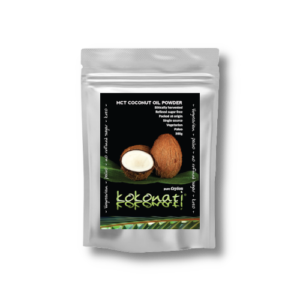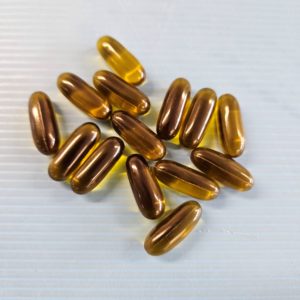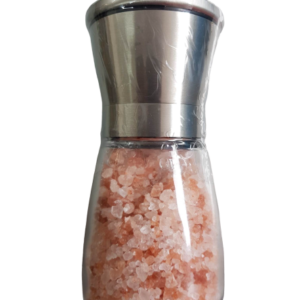HIMALAYAN BLACK SALT
Himalayan black salt, also known as kala namak, is a volcanic rock salt primarily used in South Asian & Ayurvedic cooking. The salt is recognized for its strong, savory, and sulfurous flavor, which is often compared to hard-boiled eggs.
Composition and manufacturing
- Source: The salt is mined from regions surrounding the Himalayas, including India, Pakistan, Nepal, and Bangladesh.
- Processing: To produce kala namak, raw salt (often pink Himalayan salt) is fired in a kiln for 24 hours while sealed in a ceramic jar with charcoal and Indian spices and herbs. The intense heat triggers a chemical reaction that creates sulfur compounds, which give the salt its distinct aroma and flavor.
- Color: The final product is dark, with crystals appearing brownish-black or violet-gray. When ground into a powder, the salt turns pink.
- Minerals: Black salt consists mainly of sodium chloride, along with trace amounts of sulfates, iron sulfide, and hydrogen sulfide, which give it its characteristic “eggy” smell.
Culinary uses
- Vegan cooking: The unique sulfurous taste is a popular secret ingredient for mimicking the flavor of eggs in vegan dishes, such as tofu scrambles, omelets, and vegan egg salads.
- Indian cuisine: It is a common condiment or seasoning used in chaats, chutneys, curries, and raitas. The South Asian spice blend chaat masala gets its distinctive flavor from black salt.
- Other applications: Black salt is also sprinkled on salads and fruits, added to savory snacks, and used in beverages like Jaljeera, a spiced Indian lemonade.
Health claims
Black salt has been used in Ayurvedic medicine for thousands of years, with traditional claims of several health benefits. However, many of these claims are not supported by modern scientific research.
Reported benefits (unproven)
- Aids digestion: It is traditionally believed to stimulate bile production in the liver, help with gas and bloating, and act as a laxative.
- Regulates blood pressure: Some believe that its potassium content and lower sodium levels (compared to some table salts) can help regulate blood pressure, but this should not be used as a replacement for medical advice.
- Supports skin and hair: Due to its mineral content, it is sometimes used in skincare products or believed to strengthen hair.
Important considerations
- Iodine deficiency: Black salt is not a source of iodine. If you use it exclusively instead of iodized salt, you may need to find other sources of iodine to avoid deficiency.
- Consume in moderation: As with any salt, excessive intake can lead to health issues. Those with high blood pressure, kidney disease, or a risk of kidney stones should consume it carefully and in moderation.
- Limited research: Many of the health claims are based on anecdotal or traditional evidence, and more scientific research is needed to confirm them.






